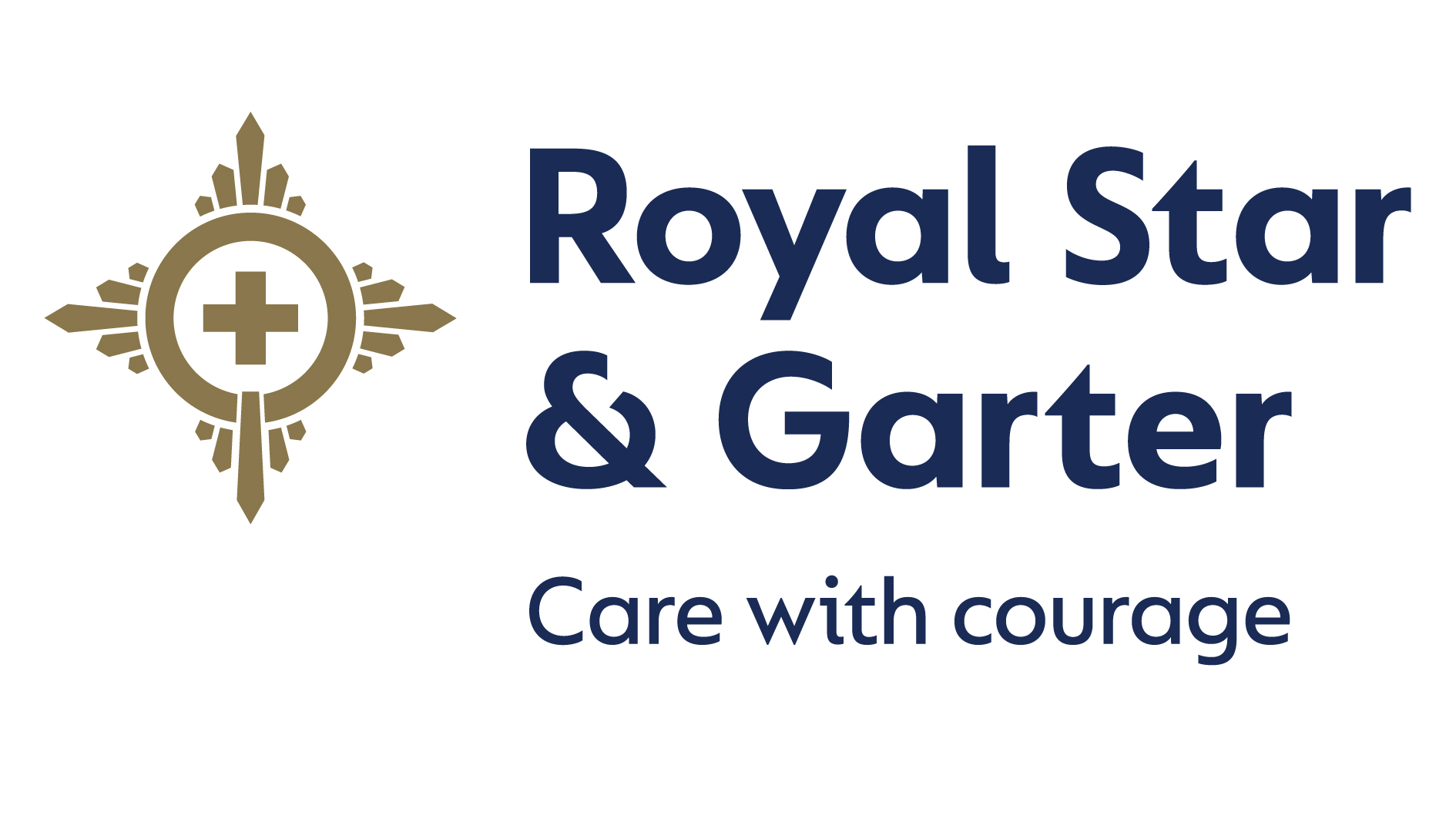As millions of people around the world tune into the Paralympic Games 2020 in Tokyo, Royal Star & Garter is extremely proud of the role it played in the creation of the sporting spectacular.
The Games start on 24 August, running until 5 September, and will feature athletes living with disabilities.
Royal Star & Garter is a charity which provides loving, compassionate care to veterans and their partners living with disability or dementia at Homes in Solihull, Surbiton and High Wycombe. In 1948, it played a key role in the creation of the Paralympic movement by taking part in the first recorded competition between athletes with disabilities.
Dr Ludwig Guttmann, a consultant at Stoke Mandeville Hospital, had established a special paraplegic ward at Royal Star & Garter in the 1940s, and used pioneering techniques to get patients moving, working and playing sport. Believing it contributed profoundly to the physical recovery and mental well-being of his patients, Dr Guttmann introduced archery and billiards, which could be undertaken from a wheelchair.
To coincide with the 1948 Olympic Games in London, Dr Guttmann launched the ‘Stoke Mandeville Games’ that year with an archery competition between teams from Royal Star & Garter and Stoke Mandeville. The Royal Star & Garter team won that year, and again in 1949. Later competitions also featured table tennis, billiards and javelin.
The Stoke Mandeville Games is acknowledged as the forerunner to the Paralympic movement by the International Paralympic Committee and International Olympic Committee.
Among those who took part in the first Stoke Mandeville Games was Royal Star & Garter resident Charlie Groves. He was injured in the D-Day landings of 1944, but recovered enough to return to the Front Line in Holland, where he was shot by a sniper in 1945 and suffered spinal injuries. He was just 23. Charlie was left unable to walk and had to use a wheelchair. Speaking many years later, he recalled:
“It was months before I realised that my walking days were over and life would never be quite the same again.”
Charlie moved to the Royal Star & Garter Home on Richmond Hill in 1948, and soon became part of the Star & Garter team and star of the archery competition.
Royal Star & Garter’s Director of Care, Pauline Shaw, said:
“I am extremely proud of the part we played in the creation of the Paralympic movement, and I look forward to tuning in to watch these remarkable athletes on TV. We continue to innovate to meet the needs of our residents today, just as we have in the past.”
Charlie Groves lived at Royal Star & Garter in Richmond for nearly 50 years, until his death in 1997. He had said of the charity: “I can’t imagine what would have become of me if Royal Star & Garter weren’t here.”
Royal Star & Garter provides outstanding and award-winning care at its three Homes. The charity is also relaunching its day care services, and developing services for people in their own homes and for younger veterans.


















